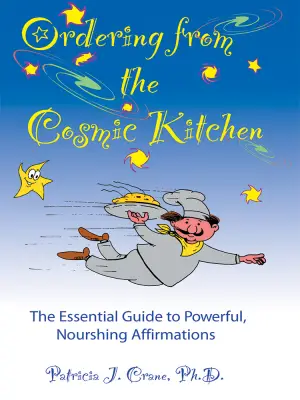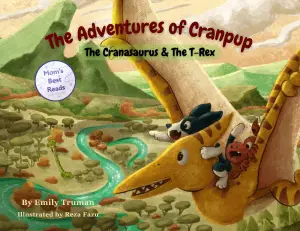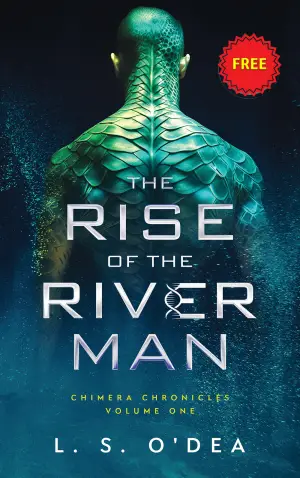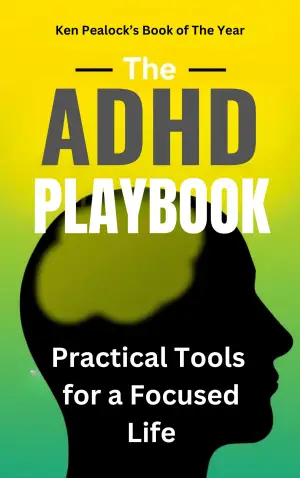Book Review: Co-Intelligence: Living and Working with AI by Ethan Mollick
As someone who’s always fascinated by the interplay between technology and humanity, Co-Intelligence: Living and Working with AI by Ethan Mollick struck a chord with me. Here’s a book that dives right into the captivating yet unsettling world of Generative AI, and as I flipped through its pages, I couldn’t help but ponder the paradox of humans—just "walking and talking bags of water and trace chemicals" convincing organized sand to think like us. Ethan, a professor at the Wharton School, manages to navigate the vast terrain of AI’s potential and pitfalls with both clarity and optimism, leaving me with a blend of excitement and unease.
At its core, the book discusses four guiding principles for engaging with AI, offering a framework that feels both practical and thought-provoking. The first principle, "Always invite AI to the table," underscores an increasingly crucial mindset for our time. Instead of fearing this technology, Mollick encourages us to experiment, integrate, and interact with AI across various facets of our lives. I found this approach both liberating and daunting, as it challenges organizations to rethink how they harness their resources and encourages individuals to become adept at using AI for personalized tasks.
Mollick’s writing style is conversational and accessible, which I appreciated, especially given how dense the subject matter can be. He balances the complex with the relatable. One particularly resonant moment for me came when he states that experimenting with AI allows individuals to become the "best expert in the world in using AI for a task you know well." This, to me, emphasizes innovation as a personal journey rather than a corporate endeavor.
Yet, while the book is optimistic, it doesn’t shy away from the ethical implications and potential consequences of our reliance on AI. The imagery on the cover, referencing van der Goes’ The Fall, set the stage for this uneasy reflection. It made me feel as if we are standing on the precipice of something monumental, perhaps akin to Adam about to make that fateful choice. The leap into AI integration feels both thrilling and perilous.
Mollick’s insights extend beyond theory; he includes real-world applications and examples that breathe life into his arguments. I especially enjoyed the practical advice regarding how to treat AI like a person, but with clear parameters. This distinction is vital—defining the "kind of person" AI is prevents us from losing ourselves in this interaction.
Of course, with technology evolving at breakneck speed, there’s an inherent risk that some of Mollick’s insights may feel outdated almost immediately. The importance of keeping up with developments, as he notes through his Substack One Useful Thing, is essential. This knowledge gap makes the book potentially transient, but that should not overshadow its profound impact.
In conclusion, I would recommend Co-Intelligence to anyone intrigued by the rapidly changing landscape of AI—from tech enthusiasts to corporate professionals looking to navigate their futures with clarity. This book not only unearths the current state of AI but also invites readers to embrace this wave of change with a balanced mindset. Reading it has left me both contemplative and curious, and I believe it can do the same for many others. In the end, it’s not just about understanding AI; it’s about envisioning our co-evolution with it.
Discover more about Co-Intelligence: Living and Working with AI on GoodReads >>














